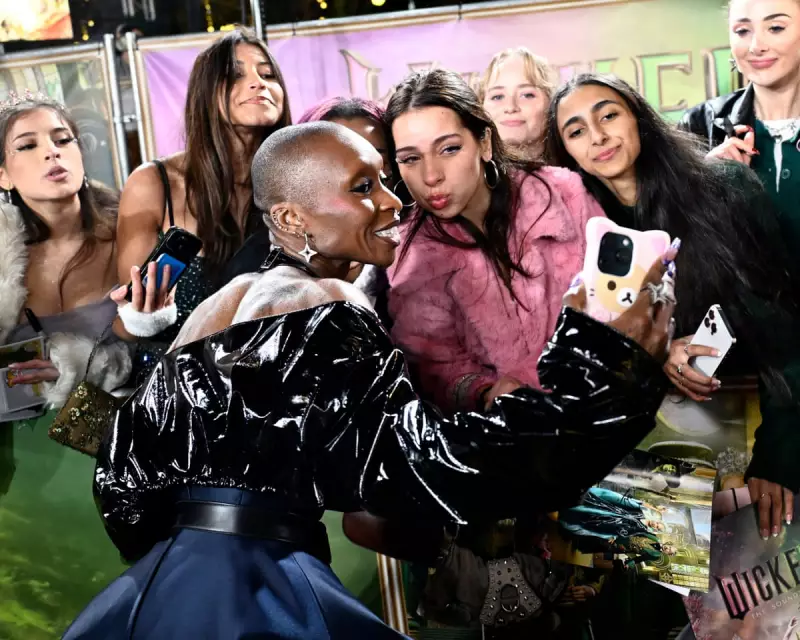
While the European premiere of Wicked: For Good illuminated London's Leicester Square with pink and green lights and throngs of eager fans, this glittering event masks a deepening crisis within the global film industry. Behind the spectacle of stars like Cynthia Erivo and Ariana Grande, Hollywood is confronting one of its most financially bleak periods in living memory.
A Dismal Year for the Box Office
The recent premiere, held on November 10, represented a rare high point in what industry insiders are calling an annus horribilis. According to the Guardian's film editor, Catherine Shoard, the North American box office experienced a catastrophic crash in October, plummeting to levels not seen since the late 1990s, with the Halloween weekend marking the worst performance of the year so far.
"It's been a weird year," Shoard noted. "March and April were surprisingly strong... but the summer was weak, and then the autumn has been dire. It's the worst run in decades." This is particularly alarming for the horror genre, traditionally a reliable earner, which also failed to draw crowds.
The Root Causes of the Slump
Several interconnected factors are blamed for this dramatic downturn. A significant issue is the type of films studios are choosing to greenlight. There appears to be a major miscalculation regarding star power, with studios banking heavily on actors like Dwayne "The Rock" Johnson, whose $100 million mixed martial arts drama, The Smashing Machine, failed to connect with audiences.
Furthermore, the industry has been indulging in expensive prestige projects that fail to translate into ticket sales. Francis Ford Coppola was recently reduced to selling his watches to cover costs for his self-funded epic, Megalopolis. As Shoard explains, "They cost a fortune, they're meant to burnish reputations, but they're simply not films anybody actually wants to go to the cinema for."
The situation is so dire that it is expected to result in a thin and disappointing awards season, partly a hangover from the writers' strikes and partly due to a lack of financing for the mid-range adult dramas that typically fill out the Oscars roster.
The Streaming Paradox and the Lost 'Event'
The rise of streaming services is a double-edged sword. Platforms like Netflix have successfully attracted top-tier directors by offering immense creative freedom, including final cut and brief cinema windows. However, this model has its downsides. "Nobody is giving them notes, and you can see the results on screen," Shoard said, citing criticism of Guillermo del Toro's Frankenstein.
These expensive, prestige streaming films often bomb in theatres because audiences know they can watch them at home within weeks. The industry itself sometimes sabotages theatrical potential, as seen with the latest Bridget Jones film, which was released straight to streaming in the US, denying it the communal 'event' status it enjoys in the UK.
The contrast with the phenomenal success of 2023's Barbenheimer is stark. That double-bill worked because it became a cultural event that people felt compelled to experience collectively. Today, the only consistent draws are absolute must-see spectacles like Avatar or films with a built-in, dedicated fandom, such as Wicked.
As fans in Leicester Square demonstrated by queuing for hours, dressed as their favourite characters, the magic of cinema is not entirely lost. But for Hollywood to recover, it must rediscover how to consistently create that magic and give audiences a compelling reason to leave their sofas.





